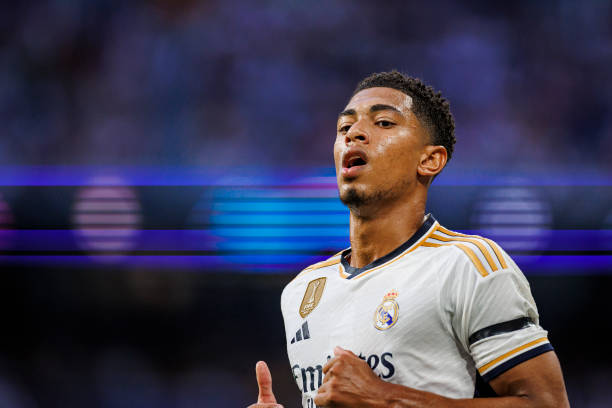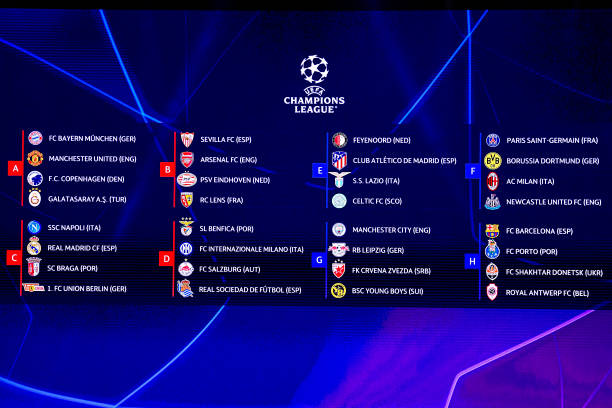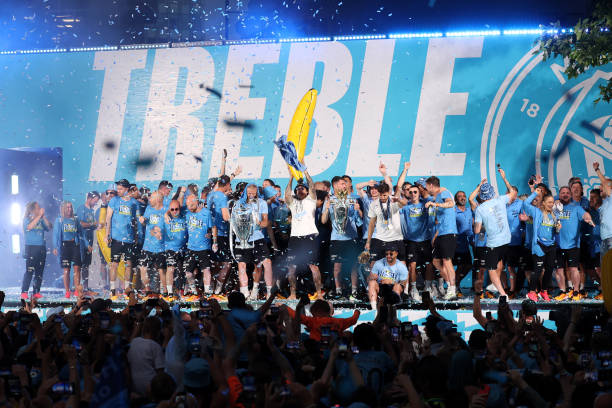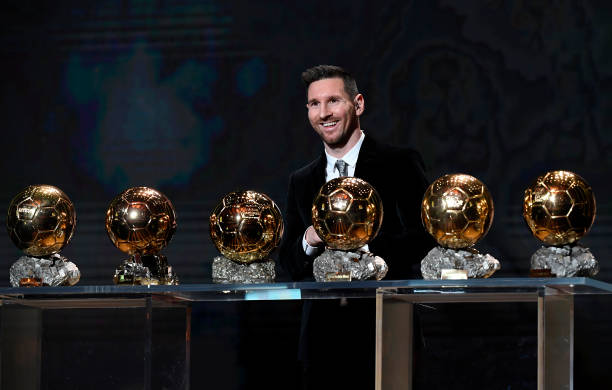
Being a Ballon d’Or winner is no guarantee that a player will enjoy great international success.
George Weah, for example, became the first African to win it in 1995. But he comes from Liberia, a country of which he is now President, who are not even a powerhouse of African football and have never even qualified for the World Cup.
27 years prior to Weah, George Best collected the award, a proud Northern Irishman, but a country whose World Cup best was a quarter-final appearance in 1958.
Similarly, Denis Law, the 1964 winner, played for Scotland, a country that has only made periodic visits to the World Cup finals.
Others missed out due to circumstances. Alfredo di Stéfano is a case in point. The Real Madrid legend began his international career with Argentina before he played for Colombia and eventually qualified to play for Spain, although he was approaching his mid-30s by then.
The team with him in it failed to qualify for the 1958 World Cup, but at the age of 36, he finally made it to the 1962 finals which were held in Chile. A muscular injury, though, meant that he did not play in any of the games.
Meanwhile, the first winner of the award, Stanley Matthews of England, was 41 at the time and, although he would continue playing for another nine years, was past his best at the time.
Marco van Basten, who was a twice winner, was one of the finest strikers of his generation, but he never scored in the World Cup finals. In 1990 the team were knocked out in the second round and, four years later he was injured with an ankle problem that was to cut short his career.
For some, the era when they were at the top of their game was out of sync with the fortunes of their country. France may have won the competition twice in the past 24 years, and finished runners-up in 2006, but Michel Platini, who won the Ballon d’Or three years in succession between 1982 and 1984 was long retired by then.
Others were at their peak when their team failed to even make the finals. A case in point is Kevin Keegan who was a two-time winner, the first time in 1978 when England failed to qualify for the finals in Argentina. When he did finally make it to the finals in 1982 in Spain, he was barely fit and played just a few minutes in England’s final game.
The history of the competition is also dotted with the “nearly men” – players who won the Ballon d’Or but who just missed out on lifting the ultimate team trophy.
Johan Cruyff is just such a player. Between 1971 and 1974 he won it three out of four years, an era in which he helped Ajax win three successive European Cups before switching to Barcelona where he was to have an indelible mark as a player and manager, creating the style of football they are synonymous with even to this day.
The captain of the Dutch side that reached the 1974 World Cup final in Munich against the hosts West Germany, they were, in many people’s eyes, the best team in the tournament that year. It was Cruyff whose mazy dribble led to the penalty that gave his side the lead in the first minute of the final. But the West Germans turned round the deficit by half-time and went on to lift the trophy.
The Dutch reached the final again four years later in Argentina, but Cruyff had retired from international football by then.
Two-time winner Karl Heinz Rummenigge was one of the top strikers of his era, and his goals helped West Germany reach the 1986 final against Argentina. He did his part, scoring the first goal as the Germans came back from two down in Mexico City before the Argentines found a late winner.
In the 1994 World Cup, which was staged in the USA, nobody arguably did more for Italy in helping them reach the final than Roberto Baggio, the Ballon d’Or winner from the previous year, contributing vital goals and assists that kept their faltering campaign alive.
However, when the final itself with Brazil went to penalties, after finishing scoreless after normal time and 30 minutes extra, it was Baggio who skied his spot kick, enabling the Brazilians to lift the Cup for a fourth time.
More latterly is the case of Lionel Messi, in the eyes of many, the greatest player of all time.
He has won the Ballon d’Or more times than any other player in history – seven in all. But Argentina have not won the World Cup since 1986.
In 2014 they had their big chance when they got to the final against Germany in Rio. Messi, though, was half-fit, after a long season with Barcelona and was unable to produce any of his trademark runs in that match itself. In a game that will not live long in the memory, Germany won it with an extra-time winner.
In fact, until Argentina won the Copa América in 2021, it seemed that Messi was destined to go through his entire international career without getting his hands on any silverware.
The man whom Messi battled for the Ballon d’Or for so many years, Cristiano Ronaldo has similarly never picked up the famous trophy, although his Portuguese side have enjoyed regional success with the European Championships and the Nations League during his time with them.
The closest that Portugal have come to World Cup success was in 1966 when they got to the semi-finals before losing to England at Wembley. Their goal scorer that day and the best player in their team at the time was Eusebio, the 1965 Ballon d’Or winner.
Messi and Ronaldo may yet put that one omission on their records right in Qatar, but this will be the last chance for both of them. And, if it does not happen, and they miss out on the chance to lift the World Cup, they can console themselves at least that they are in very good company.

Must See
-
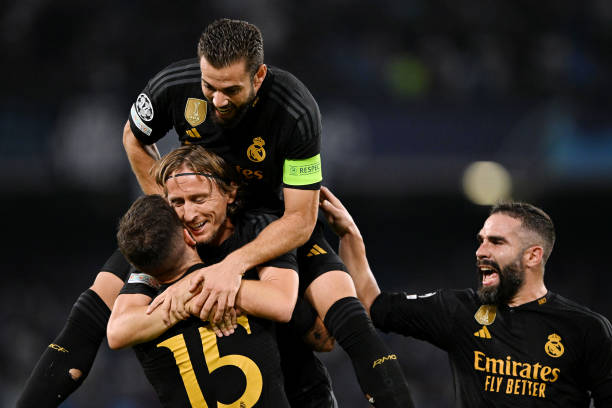

Champions League
/ 9 months agoChampions League – Matchday 2
Almost in the blink of an eye we reached the second day of the...
-
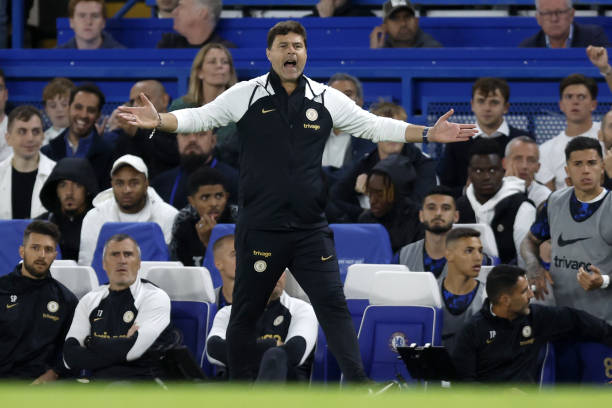

Premier League
/ 9 months agoThe bad start for Poch’s Chelsea
Since Todd Boehly’s arrival as club owner in the summer of 2022, Chelsea have...
-
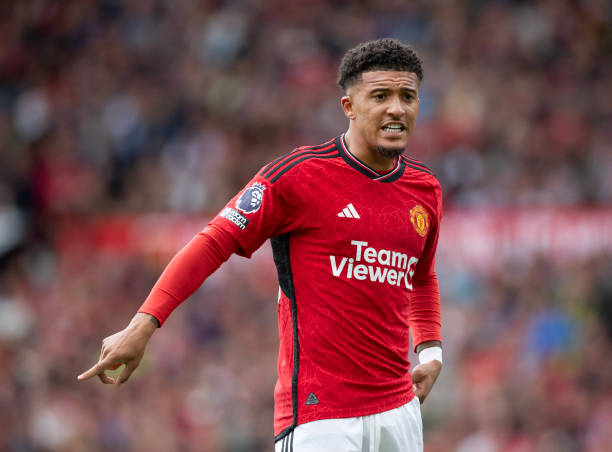

Premier League
/ 9 months agoJadon Sancho’s feud with Erik Ten Hag continues
Manchester United winger Jadon Sancho’s time at Old Trafford has been torrid, to say...
